
英文原版 《 Her Mother's Daughter 》 Marilyn French 著
¥ 55 七五品
仅1件
作者Marilyn French
出版社Ballantine Books
出版时间1988
装帧平装
货号E1-16
上书时间2010-06-14
- 在售商品 暂无
- 平均发货时间 28小时
- 好评率 暂无
- 店主推荐
- 最新上架
商品详情
- 品相描述:七五品
- 商品描述
- Editorial ReviewsFrom Publishers WeeklyNot as shrill as The Women\'s Room but with a fund of trenchant observations about women\'s roles, French\'s hefty new novel, which appears on the 10th anniversary of her fiction debut, is a powerful if flawed work. The writing is rich in detail and insight but marred by an excess of feminist zeal that paints all men as autocratic monsters who are unable to love their children. French limns the lives of four generations of women in a Polish-American family. The narrator, born Anastasia Dabrowski, has by dint of a hard-won career as an intrepid photographer, achieved an independent identity as Stacey Stevens. Nearing 50, twice divorced, she is severely depressed, and she looks back at the lives of her mother and grandmother, and forward to the lives of her two daughters, to try to understand the cause. Stacey finds that in each generation women make bitter sacrifices for the sake of their offspring, while the children, especially the daughters, bitterly resent what they see as their mothers\' guilt-producing martyrdom; they, in turn, seem destined to repeat their mothers\' lives. Men are the villains here: tyrannical fathers who terrorize or desert their progeny. Eternally victimized in this male-dominated culture, women are deprived of comfort, love, security and peace of mind. French\'s descriptions of the bone-wearying, endless domestic drudgery of poverty-stricken women are among the most authentic work she has ever done; the travail of the weekly laundry routine is rendered in details no reader will forget. The plight of women who hold down jobs at the same time they are raising families is also depicted with rare accuracy. Writing of the \"anger and despair and frustration and weariness\" of motherhood, French nevertheless comes to the conclusion that raising and nurturing children are woman\'s only true and emotionally satisfying role. Strong elements of autobiography seem to be present here (Stacey\'s mother\'s name is Isabelle; so is the author\'s mother, to whom the book is dedicated); it seems that no memory or detail has been omitted. On the one hand, this is a moving evocation of the fears and miseries of childhood and the frustrations of wife- and motherhood; on the other, the sheer mass of intensely recalled minutiae is slow moving rather than dramatic. French\'s contrasts are too intense; her outrage at men\'s power and women\'s double bind of servitude and martyrdom is often strident and vituperative. But the basic truths in this novel, and French\'s determined telling of them, will strike some resonant chords. Literary Guild main selection; major ad/promo.Copyright 1987 Reed Business Information, Inc.--This text refers to an out of print or unavailable edition of this title.From Library JournalTen years after The Women\'s Room , French gives us another captivating and lengthy novel on women\'s lives. Here, Anastasia narrates her life experiences by blending them with those of her grandmother, mother, and daughter. Each woman has been determined not to make the sacrifices her mother made, instead seeking joy, freedom, and independence. And in doing so, each has become like her motheremotionally drained, alienated from her children, and alone. By probing the past and living the present, Anastasia comes to understand the silent bond between mothers and daughters. Highly recommended. Jeris Cassell, Rutgers Univ. Libs., New Brunswick, N.J.Copyright 1987 Reed Business Information, Inc.--This text refers to an out of print or unavailable edition of this title. http://www.amazon.com/Her-Mothers-Daughter-Marilyn-French/dp/0345353625/ref=tmm_mmp_title_0
相关推荐
-
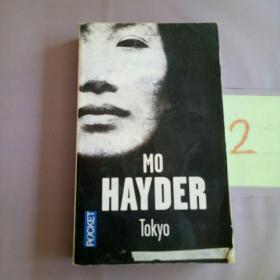
Mo HAYDER TOKVO(英文原版)
九品鹤壁
¥ 35.00
-

英文原版 her world 2006
九品商丘
¥ 24.36
-

英文原版 Julia: Her Life
九品北京
¥ 130.00
-

Beauty, Her Basket【英文原版】
九五品晋中
¥ 36.00
-

英文原版 Her Fearful Symmetry
八五品上海
¥ 15.00
-

英文原版 Her Prince Charming
八五品广州
¥ 200.00
-

英文原版 Her Secret Affair
八五品广州
¥ 200.00
-

Cover Her Face【英文原版】
九品广州
¥ 98.00
-

Her Forever Man【英文原版】
八五品广州
¥ 45.00
-

Her Final Fling【英文原版】
九五品广州
¥ 45.00
— 没有更多了 —


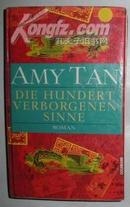

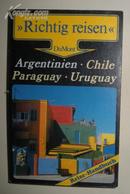




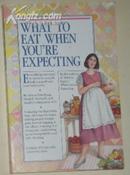



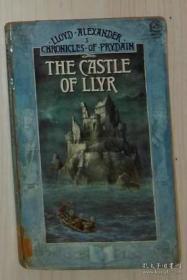



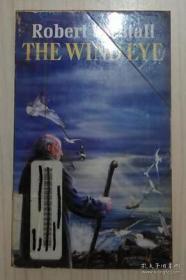

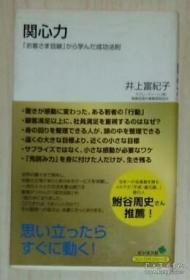






以下为对购买帮助不大的评价